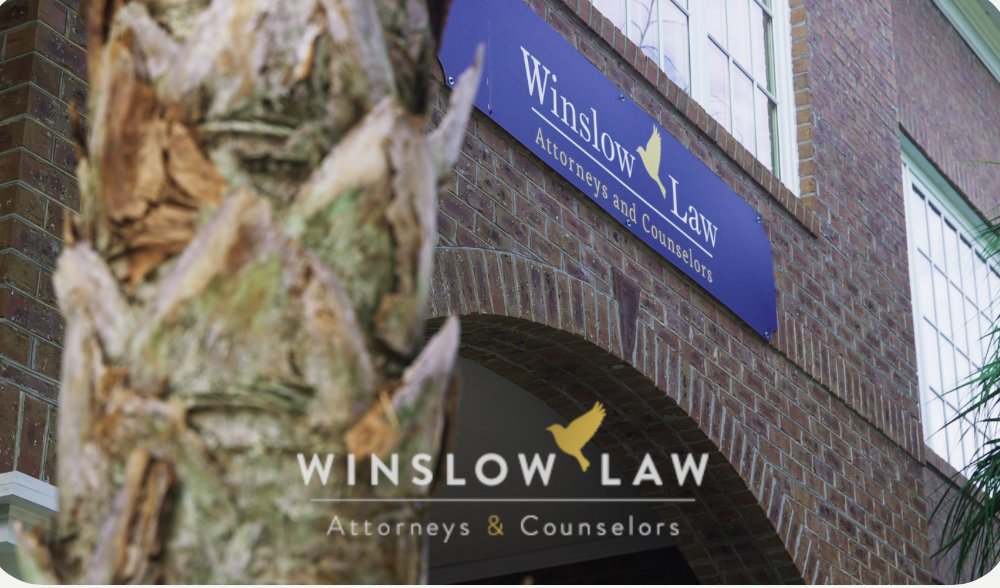
Zoning Law Extreme
February 20, 2023
UK Man Arrested For ‘Malicious Communications’
March 6, 2023Law School Rankings


This is the time of year when students are picking their colleges and post-graduate schools to attend in the fall. Some of them are preparing to pay excessive amounts of money to attend law schools just in order to get permission from their state to receive a license to practice law. They may be looking for a school close to them, one that has their legal focus as an option, or maybe they want to go to the highest ranked school.
How accurate are those rankings? After all they are simply subjective opinions of another’s perception – just like food and movie critics. Yale Law School and Harvard Law School have both said they will no longer participate in U.S. News & World Report’s annual ranking of law schools, marking the biggest shakeup to the closely watched list in years.
Yale, which has captured the No. 1 spot every year since U.S. News began ranking law schools in 1990, was first to announce the decision. Hours later, Harvard Law Dean, John Manning, informed students that it would do the same. The school is ranked No. 4.
Both schools said the rankings are in conflict with their commitments to student diversity and affordability.
Yale Law Dean Heather said in a message on her school’s website that the “profoundly flawed” rankings disincentive schools from bringing in working-class students, issuing financial aid based on need and helping students pursue public interest careers.
U.S. News’ law school rankings loom large in the legal industry, which highly values prestige. Many would-be lawyers weigh the rankings when choosing a law school, and graduating from a highly ranked school opens doors to highly paid associate jobs at large law firms, judicial clerkships and other sought-after positions.
Many legal academics have long criticized the U.S. News rankings. They argue, the system pushes law schools to funnel financial aid to applicants with high scores on the Law School Admission Test and strong undergraduate grades, which account for 20% of a school’s ranking, rather than to applicants who most need it, they argue. They also say schools are rewarded in the rankings for high expenditures-per-student instead of for keeping tuition low.
Interestingly enough, U.S. News says that it will default to using publicly available data if the schools will not self report their data. Which means, that would most likely be a positive change because schools can’t manipulate those numbers. If that is true, then how accurate have the rankings actually been in the past if each school can “self-report” their own data to their benefit?
Conclusion
The truth is that through out my career I can not name one time the determination to hire me was based on where I went to law school. Actually, no one has ever actually asked to see my law license. It is like going to a doctor or flying on a plane – has anyone asked to see your pilots license when you get on a plane? We choose those that we work with based on two primary reasons: you believe the person is competent in their job and you like them. That easy.
As a matter of fact law school is a modern innovation, as is a bar license. Many of our most well known legal scholars did not have a bar license and you still do not need a bar license to teach law – just to practice law. In some states, you still do not have to go to law school to get a license to practice. Further and more recently, the ABA voted to eliminate the LSAT (which is the primary test to get into law school (think legal SAT))(1), many states are thinking about ending the bar exam in order to earn your law license(2), and now the law school rankings are called into question. Really makes you confident about the future wave of legal representation doesn’t it?
Law school serves two functions – it teaches you HOW to think (not what to know) and gives you a network of contacts. As an employer, I don’t care where you went to school. I want to know if people will want to work with you and if you can do the job. If you are going to law school, then I say go to a school of where you want to practice, that focuses on a field you want to practice in, and is the cheapest to reduce your debt to equity ratio for the rest of your life. Anyone can be a good attorney if they have a good attitude, are competent, and work hard – unfortunately that is getting harder to find. We are proud to sat that Winslow Law is proud to do all three. If you need an attorney please call 1-843-357-9301.
May God Bless You, Your Business, and this Country,
Tom Winslow
